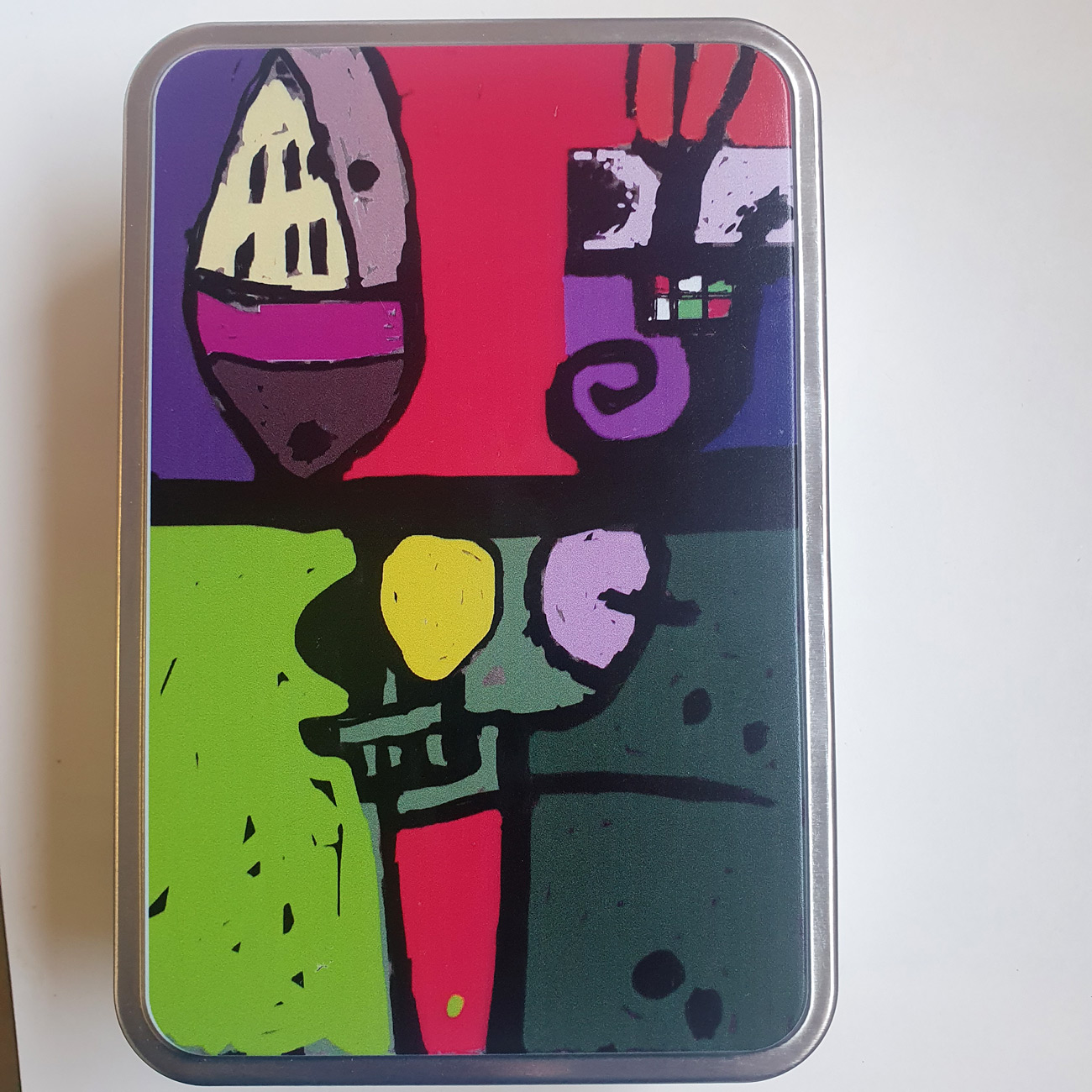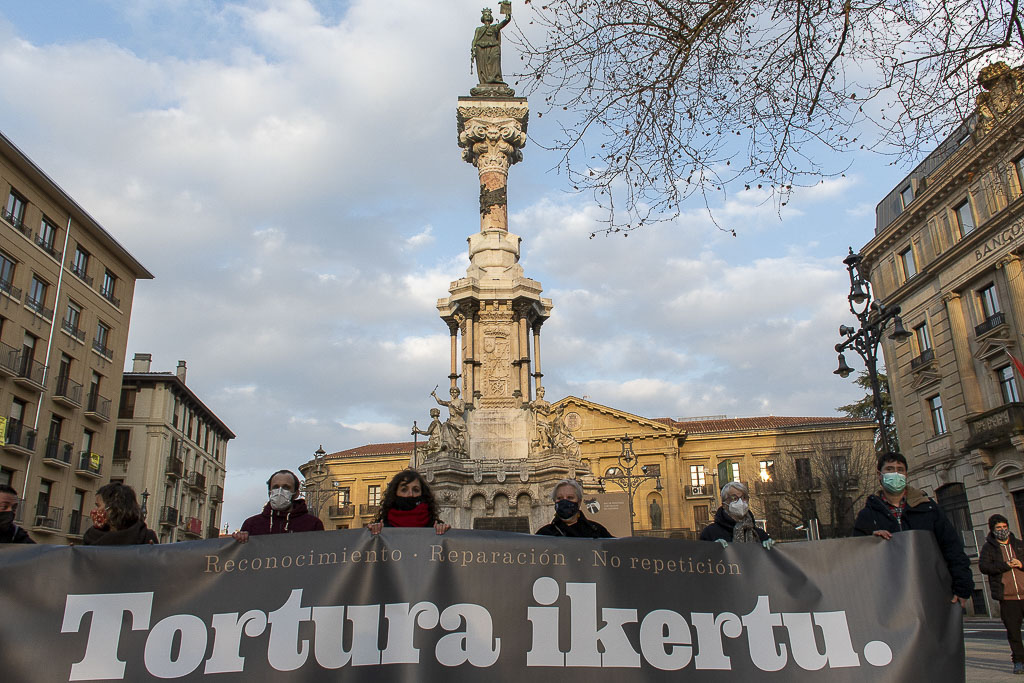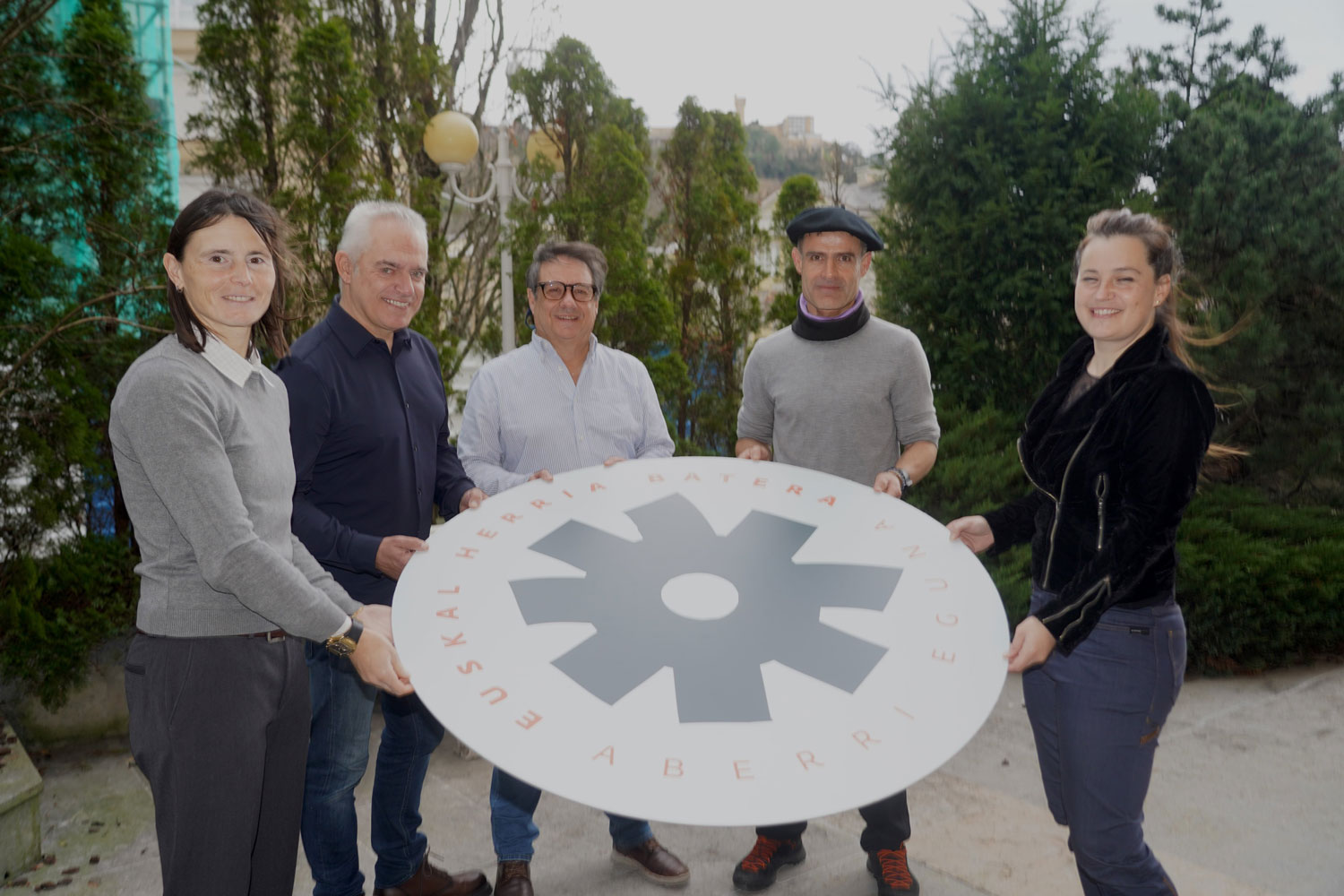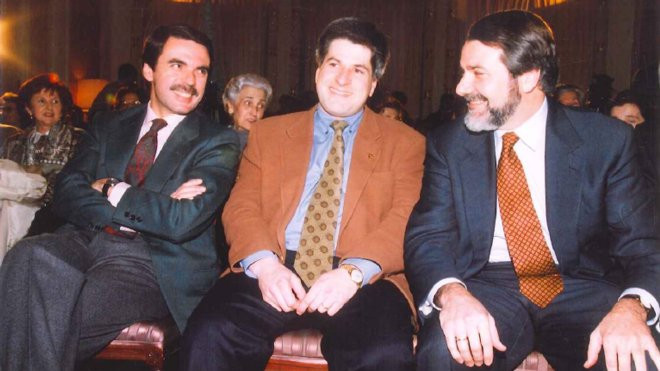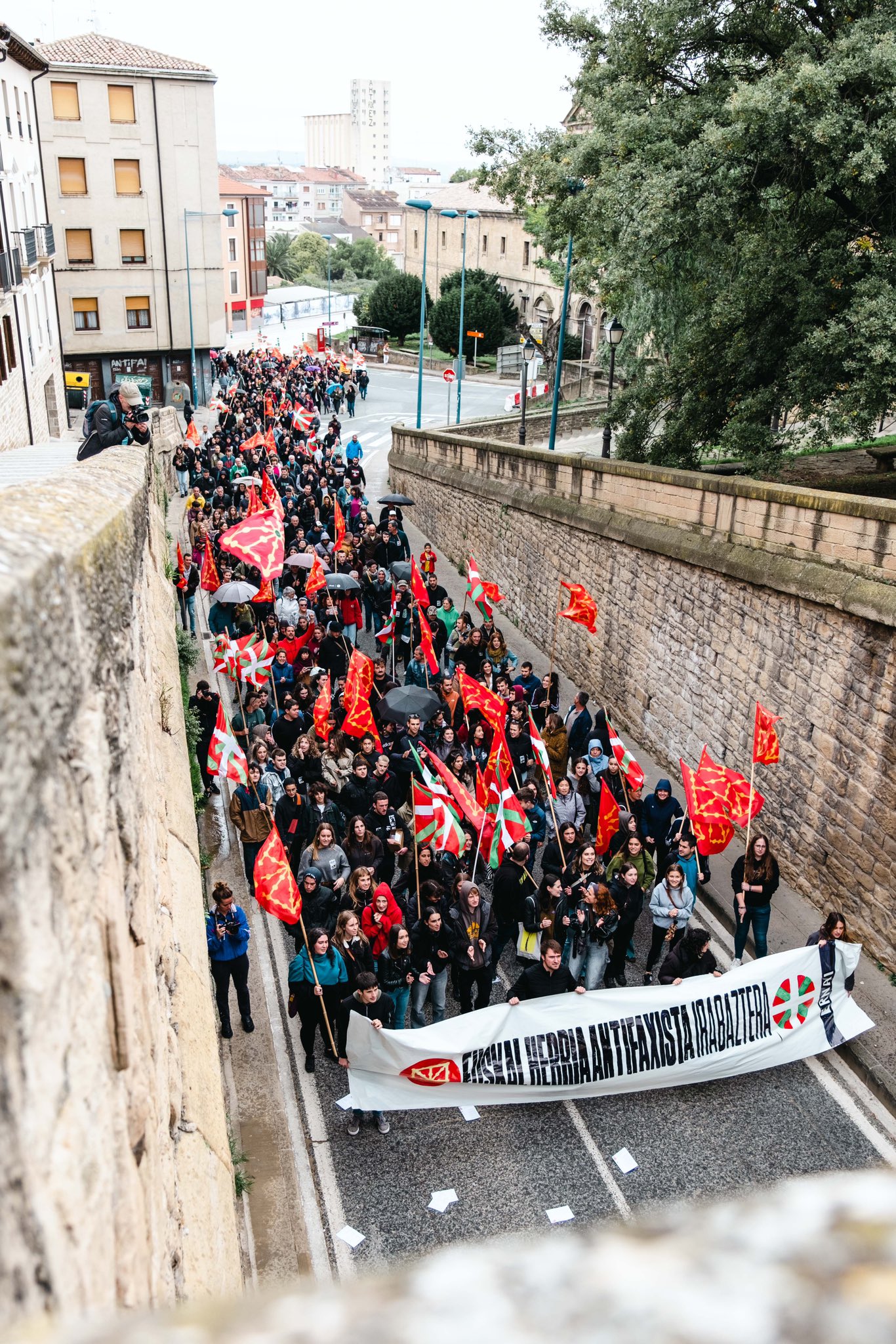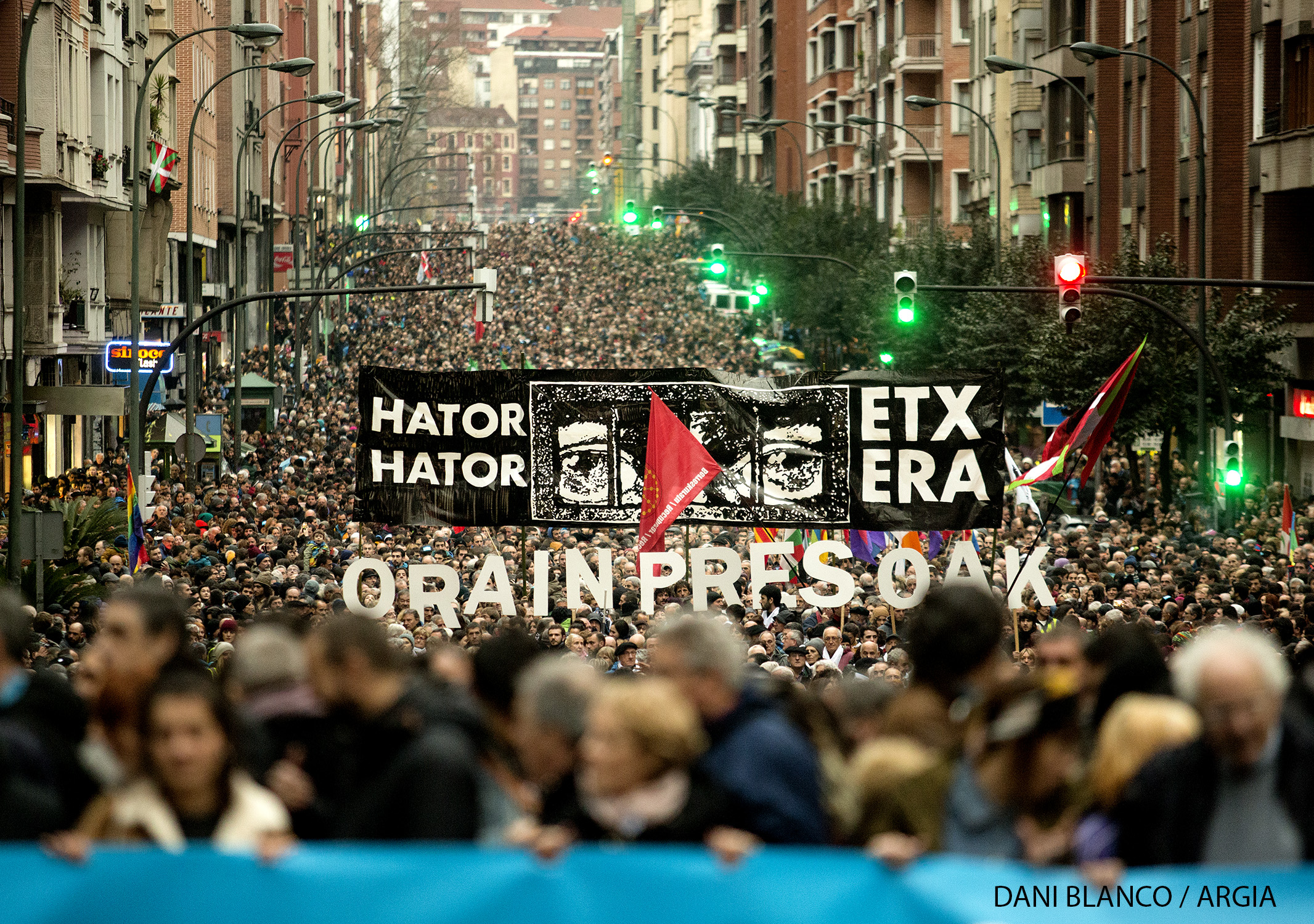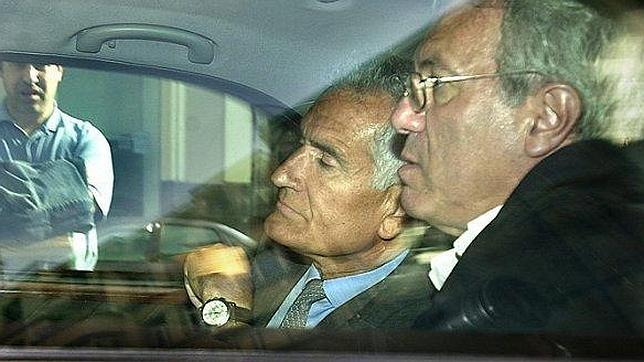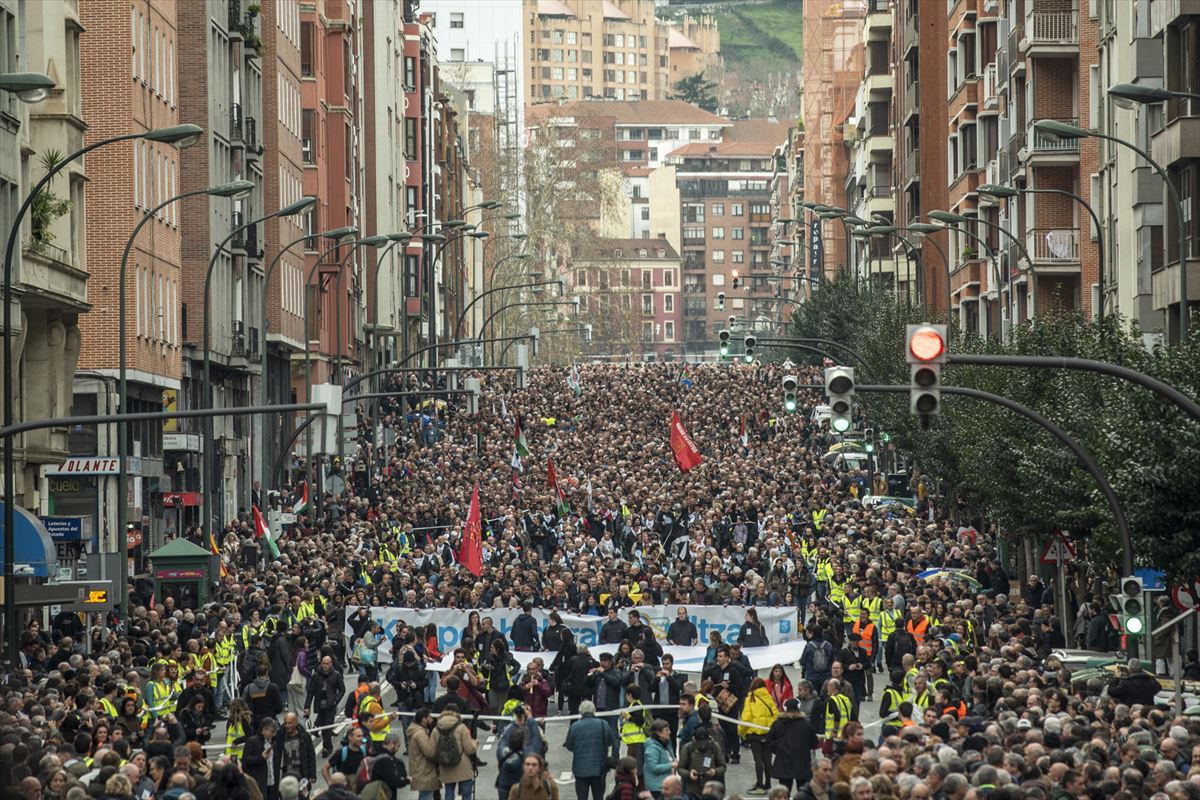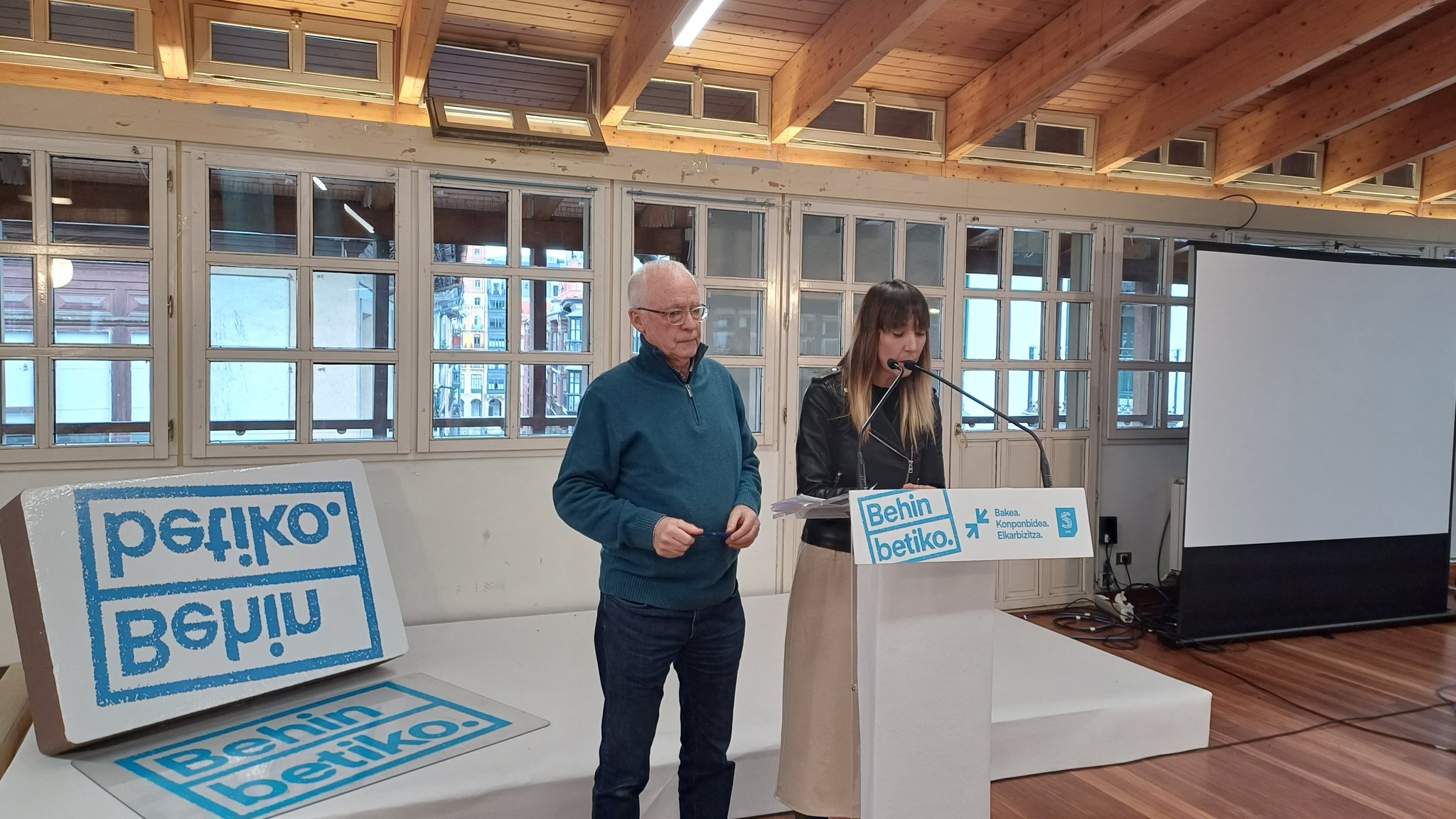Lack of political context
- When the San Sebastian Film Festival opens its doors, Berria publishes an interview with Josu Urrutikoetxea. Over the past few weeks he has focused on a film about him that has created a great stir.

Journalist Enekoitz Esnaola, interviewed in Ziburu (Lapurdi), reveals his dissatisfaction at the lack of political context in the film: “What is explained is what I think of hard facts. I took risks, and this is not the result I expected, but I'm not going to get into your job. They have done what they believe, I have another vision and another idea of that work, but I say it with all respect.”
He says that above all he wanted to explain that everything that happened had a political explanation and that when he decided to participate in the project he wanted to explain it: “It has been a political conflict, with its harsh, crude and irreversible consequences. I wanted to demonstrate this to Spanish society. Don't think, in some way, that in those events someone gave pleasure. Political actions were those with political objectives. I wanted to prove it. And when we enter that dynamic into such a harsh and violent struggle, on the one hand and on the other, we lose empathy with the other.”
He has also acknowledged in the film that it was linked to the assassination of the Mayor of Galdakao, Victor Legorburu, who was murdered by ETA in 1976, and that by asking whether he had any specific purpose with that recognition, he says no, that they worked for long hours, and that in that context that issue came.
Two issues in Spain
Urrutikoetxea has two disputes open in the Spanish State, one relating to the question of the bars of the people and the other, the ETA attack on a Civil Guard headquarters in Zaragoza in 1987, in which eleven people died. In the first, the prosecutor’s office asks for two years in prison, and in the second, 2,300 years accused of having ordered an attack from ETA’s leadership.
The Paris courts admit that the Spain of Urrutikoetxea is tried for these disputes, but in the interview he explains that the National Court of Spain has not yet set the date of the trials. On the contrary, Urrutikoetxea said that he was neither a manager nor had anything to do with the attack.
In short, he also talks about the current political situation and considers it an interesting time, “also mobile, and has seen the speed and progress of the Abertzale left. But that should not blind us. Although there is a progressive government in Madrid again, the situation will not be easy; if there is another type of government, it will be much more difficult.”
He considers it key to give the citizens the opportunity to “build the foundations of the house; citizenship must feel part of this long process”.
Iratxeren Bidasoaldeko Lagunak ekimenak deituta, dozenaka lagun kalera atera ziren atzo Iratxe Sorzabal preso politiko irundarraren absoluzioa eskatzeko eta behingoz etxera ekartzeko, torturak salatzeaz gain.
Sare Herritarrak antolatuta, pasa den urtarrilaren 11n Bilboko kaleak bete zituen manifestazio jendetsuaren ondoren, berriz sortu da eztabaida, euskal presoei salbuespen legeriarik aplikatzen ote zaion. Gure iritzia azaltzen saiatuko gara.
Espetxe politikan aldaketa nabarmena... [+]
Just as we experienced the flourishing of the Basque Country with the help of the artists, so that this time, taking advantage of their impulses, we continue to make our way together giving the necessary support to the Basque political prisoners, exiles and deportees
The... [+]
Jar gaitezen 2025erako proposamen politiko gisa, Espainiako Auzitegi Kolonialaren (AN) epai guztiak berrikusten hasteko eta makila bakoitzak bere belari eusteko.
Unionismoarekin lerrokatutako alderdi, sindikatu eta gizarte-erakunde gehienek, eta ez bakarrik horrela... [+]
Next Saturday, 11 January, the Sare citizens' network called for a new demonstration in Bilbao in defence of the rights of Basque prisoners. This is a unique opportunity to move forward on the path of coexistence in our people, after decades of violent confrontation and, even... [+]










